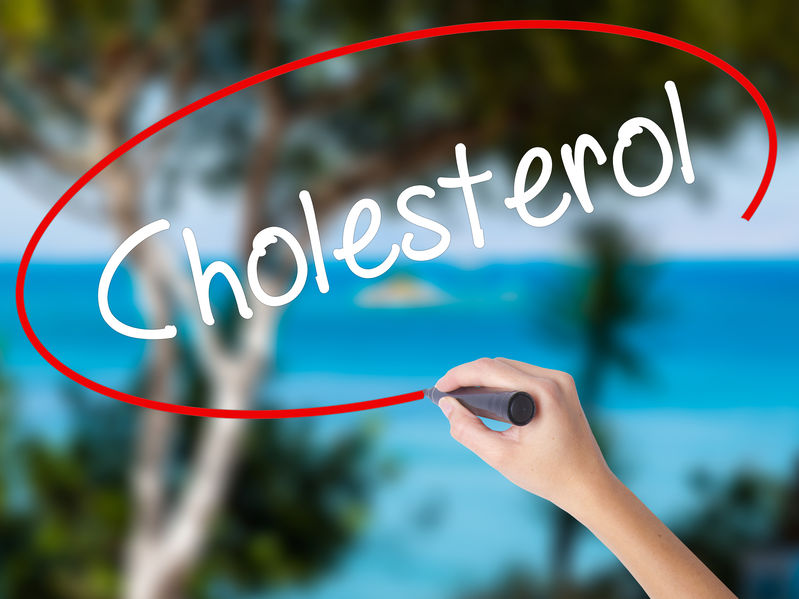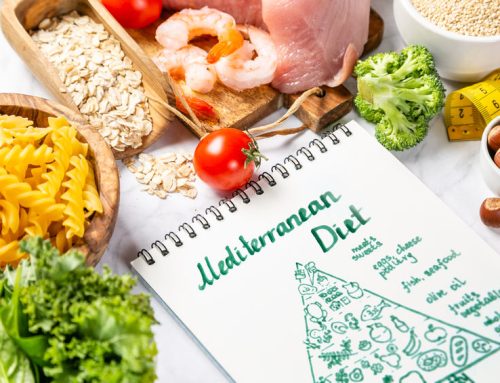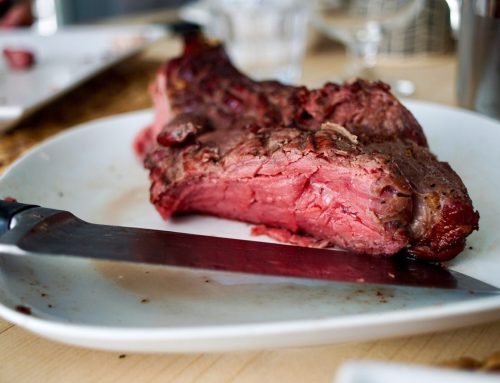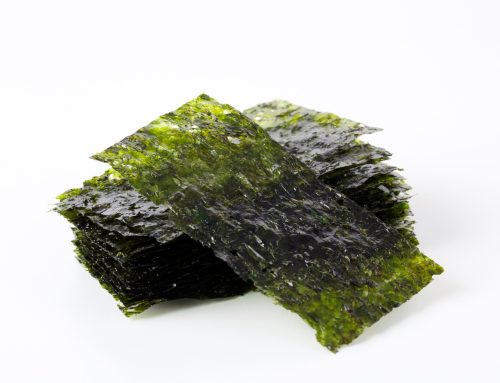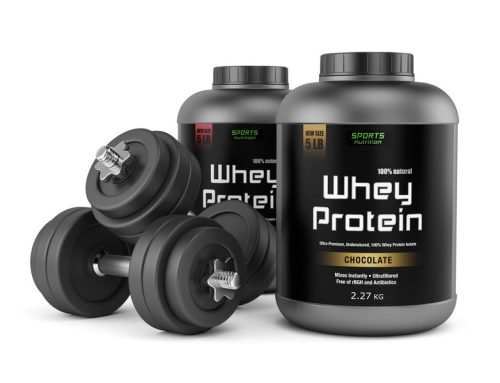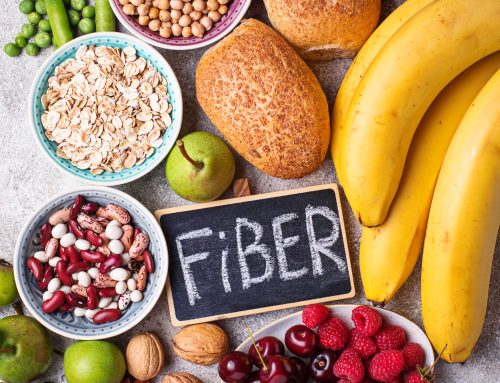If you’ve been diagnosed with a high cholesterol level, you need to modify your diet to avoid foods that are high in cholesterol.
The liver naturally creates cholesterol, which then travels throughout the body using proteins in the bloodstream. Cholesterol is an essential building block for cell membranes. It is also necessary for producing hormones, vitamin D, and substances that work to digest fatty foods.
However, a person’s lifestyle and genetics can cause the body to produce too much cholesterol. When cholesterol builds up in the arteries, it can block blood flow, which can lead to coronary heart disease, heart attack, or stroke. Following a nutritious, balanced diet is one way to help moderate cholesterol levels.
Cholesterol and Fats
Choosing foods that contain HDL cholesterol can make all the difference in preserving cardiovascular health. There are two types of cholesterol. These are based on the type of protein that transports it through the bloodstream:
- Low-density lipoproteins deposit one type of cholesterol throughout the body. As this kind of cholesterol is likely to build up, people often refer to it as “bad” cholesterol.
- High-density lipoproteins (HDL) collect bad cholesterol from the arteries and bring it back to the liver for disposal. For this reason, people refer to HDL cholesterol as “good” cholesterol.
Types of Fat
Aim to eat a diet that promotes low levels of bad cholesterol and high levels of good cholesterol. Fat intake affects this balance because fatty acids bind to liver cells and regulate the production of cholesterol.
Pay attention not only to quantities of fat in the diet, but also to which types are entering the body. Each form of fat influences cholesterol levels differently:
- Saturated fats: These mostly occur in meat and dairy products. They instruct the liver to produce more bad cholesterol.
- Unsaturated fats: These are more common in fish, plants, nuts, seeds, beans, and vegetable oils. Certain unsaturated fats can help increase the rate at which the liver reabsorbs and breaks down bad cholesterol.
- Trans fats: These are solidified vegetable oils. It is best to avoid trans fats entirely. Manufacturers normally use an artificial process called hydrogenation to produce them. Fried food, baked goods, and packaged foods often contain trans fats. Trans fats not only increase levels of bad cholesterol, but they also lower levels of good cholesterol. For this reason, they are the most harmful fats. Processed food often contains harmful trans fats.
Foods to Avoid
The AHA advise reducing saturated fat intake to no more than 6 percent of the total daily calories. They suggest limiting the following foods to achieve this:
- fatty beef
- lamb
- pork
- poultry with skin
- lard and shortening
- dairy products made from whole or reduced-fat milk
- saturated vegetable oils, such as coconut oil, palm oil, and palm kernel oil
Foods containing trans fats should be avoided. These may include:
- packaged cookies, cakes, donuts, and pastries
- potato chips and crackers
- packaged frosting
- commercially fried foods
- bakery goods that contain shortening
- buttered popcorn
- any products that contain partially hydrogenated or hydrogenated vegetable oils
Cholesterol in Foods
Only animal products contain cholesterol itself, as a liver is needed for its production. However, cholesterol content should be less of a concern than fat content.
Foods that contain cholesterol and should be avoided include:
- red meat
- sausage
- bacon
- organ meats, such as kidney and liver
Foods to Include
It is important to note that a completely fat-free diet can also be harmful because it would deplete the levels of good carbohydrates, impair normal nerve and brain function, and possibly increase inflammation.
Choosing healthful fats can help lower bad cholesterol levels while maintaining and in some cases increasing good cholesterol levels.
Fiber
Consumption of fiber is important for a healthy heart. Fiber is present in two main forms: soluble and insoluble. Insoluble fiber is important for digestive health. Soluble fiber binds to cholesterol in the bloodstream and helps remove it through stool. This type of fiber has the added benefit of helping control blood sugar levels.
Some cholesterol-friendly fiber options to consider include:
- fatty fish, such as salmon, trout, albacore tuna, and sardines
- nuts, seeds, and legumes
- the skins of fruit
- non-tropical natural vegetable oils, such as olive oil, avocado oil, canola oil, and safflower oil
- oats and oat bran, chia and ground flaxseeds, beans, barley, psyllium, oranges, blueberries, and Brussels sprouts
- Choose leaner cuts of meat and smaller portions, as well as low-fat or fat-free milk and yogurts. Medical professionals do not recommend nonfat cheese, as it is highly processed and cannot be called a whole food.
Click here to read full article about how to eat a healthy diet with high cholesterol from Medical News Today.


